Leadership Skills
Clarity for 2020 – Create Your Own Crazy Vision!
Ever caught yourself staring out of the window day-dreaming and then wondering what the heck you’re doing conjuring up such crazy “imagine if” ideas?
Well my response would be “imagine if you don’t!
Neither you nor your idea(s) are crazy you might be wanting a little more focus, energy or clarity so take a look at Clarity Question #1 that will start you on a transformation-al process.
Remember to take your time – a-l-l good things take time (and a bit of work)!
Please note that this thought provoking question is not a goal-setting exercise. Questions are designed to help you find out why you only achieve some of the things you set out to do and while doing that you will find your answers which will either inspire you to go out there and make it (that crazy dream/vision and more) happen, or help you to let go of un-serving beliefs enabling you to and invest your energy on something else!
Ready?
“If I could have anything, change anything, do anything or be anything I wanted to be and, there is absolutely nothing or anyone standing in my way of realizing my vision, what would it be?”
Start here. Start with this.
It doesn’t matter how crazy, absurd or preposterous your idea may seem to you right now – write it down and if there is more than one, make a list.
This is going to be your decade of #twentyplenty!
If you would like to get more reflective questions, contact me
Lots of love and light, Hester
Power From Within is Pure Empowerment
Power From Within is Pure Empowerment
Power: a.k.a. ability, potential, talent and gift
Em-power-ment: a.k.a. permission, green light, go ahead, consent and OK.
It’s not possible to empower someone else – each and every one of us is already empowered.
No one, especially not people “in power” have this power or hold over others.
Real empowerment only happens when people are doing something because they WANT to. Empowerment comes from within and you get to see it when people are doing something to the best of their ability – in any given situation.
Empowerment is unleashed human desire and potential. That is power-full!
And they will only make that decision – give themselves the “green light” – when they feel good, feel safe and when they know what’s in it for them.
Happy people are empowered people.
And only then can knowledge become power!
When was the last time you went out of your way to make someone you work (or play) with, happy?
I work with teams; cross-cultural teams and support them in recognizing their diverse strengths and allowable weaknesses to unlock their potential and power within.
If you’re interested in doing a cross-cultural workshop, contact me!
Brain Massages and Insights – How To See The Big Picture!
Massages and Insights – How to see the big Picture!
Have you ever wondered how you can, on demand, tap into your intuition and super-ness?
The answers lie in here…
After 2.5 years of being in India, I finally went for a Shirodhara massage.
‘What’s this?’ some of you may ask. I didn’t know either until very recently, so I thought I would suss it out for myself. I’m in India. I can. I should, shouldn’t I?
In Sanskrit “Shiro” means head or forehead and “dhara” means flow and the technique is the continuous flow of lukewarm liquids onto your forehead. This ancient massage therapy promises to relieve symptoms of anxiety, stress, post-traumatic stress disorder (PTSD), tiredness, insomnia (remember “pineal gland”), jet lag (again that pineal gland) and hypertension. It renews energy, creates calm, clarity of thought, reduces worry and excessive thought – reducing worry lines and keeps you looking young. Dream therapy for a woman!
At first I focussed on the steady flow of oil onto my forehead and then, as if transported in time – I awoke. In the hands of others, my time had flown.
Fast forward a few days, after getting up before sparrows fart with startling clarity and useful ideas for writing (I do this) I discover a free 90minute online course hosted by Judith Glaser about C-IQ – conversational intelligence. You all know I am totally into conversational stuff so I register and log in, bushy tailed and bright eyed with my sleep rhythms totally messed up because of the time difference between India and USA. Sometime into the webinar Judith spoke about the workings of our brains, the primitive brain, the limbic brain and the neo- or prefrontal cortex – which also happens to the area of your “third eye” and, which Judith says is the bridge between what you intend doing and the impact you have on those around you.
And I get thinking that my Shirodhara massage was all about stimulating my “third eye” and here’s me with my index finger hovering over my mouse with a “should I, shouldn’t I?” quiver.
My intuition tells me to follow my “should I” route and I discovered (even though I might be preaching to the converted) some fascinating facts and findings – pure science – to share with you.
Collaboration and Standing Ovations!
Did you know that the word collaboration comes from the Latin word “concerto” concert and harmony and from “concertare” to bring into agreement or sing together (as in con + cantare = to sing)?
I was raised on music – a well balanced mix from rock to pop and classics. The Beatles, Led Zeppelin, Moody Blues, Cat Stevens, Vivaldi, Tchaikovsky etc. A lot of time and money was spent on my “big C” cultural upbringing. I was indulged in many magical ballet performances by the local Performing Arts Council) and regularly dragged off to the open rehearsal sessions of the Durban Philharmonic Orchestra in the Durban City Hall.
What I really didn’t like was the instrument tuning and warming up that went on before a performance – to me it sounded like a cacophonous wailing. I needed the conductor to bring congruence and harmony to the clamor and commotion.
Our neighbors, were a family of musicians completely immersed in the world of classical music; they played in the orchestra, sang in choirs and taught music. Diana, one of the daughters, encouraged me to listen out for individual instruments, and to pick out the conducting elements (tempo, dynamics, cue-ing and articulation) as she had taught me to listen out for in Sergei Prokofiev’s “Peter and the Wolf”.
And then, as if by the wave of my very own baton I was skilled in aligning the instruments – discord became harmony! A symphony!
The word comes from the Latin “symphonia” a unison of sounds or harmony and from the Greek word “symphonia” also harmony and concert; “symphonos” meaning harmonious and from “syn”- together + phone – voice/sound.
Much of the interpersonal discord I have witnessed can be likened to the uncoordinated and un-conducted sounds of an orchestra warming up – much like the “forming” stage of a new team on a new project. Imagine you are a musician in a group of players where each musician thinks they know best and know what needs to be done (play what they have to play) when and how they want with little regard for the other musicians? Need I say more?
Achieving cross cultural collaboration must feel the same to a team, as an orchestra (and conductor) getting a standing ovation. It can only, happen when everyone; the leader(s) and team members pay finely tuned attention to the group and listen out for the individual “instruments” articulating their particular skills and talents in order to be instrumental in co-composing congruent collaboration.
This is cross-cultural competence; the ability to bring voices into agreement for conversational harmony. You want to play? Would you like to improve your skills? Contact me.
The “Q” in Cultural Competence – Do You Have It?
The “Q” In Cultural Competence – Do you Have It?
A 10 minute read on how to master your cross-cultural competence, a good book recommendation, a short video and 6 empowering questions that guarantee collaboration!
I was asked, just this week, what I do. I told them. Someone then said: What exactly is that?
In a nutshell? Culture is the way things get done around “here” and the way things get done around there, and over there and also over there. My job is to support people in bringing their various ways of doing things, together. In biz talk? Two words: team alignment.
Culture – is known as folklore, habit, knowledge, lifestyle, way of life and development. It is taken from “cultura”(Latin) which comes from the verb “colo” or “colere” which means to tend, care for, look after and cultivate. It also means to till the soil, farm, grow and plant.
What do I do? I tend, look after and cultivate cross-cultural connections and collaboration through clarity in conversation.
Why? To facilitate a change for the better people need to change their thinking and to change collective thinking demands a change in the conversations they are having which then leads to a “rewiring” of the brain (mindsets) and which ultimately leads to aligning new (and better) behaviors because…
But first we need to understand that modern day cultures can be described as the outcome of many different external influences and circumstances as experienced by those who set up home up in various parts of the world l-o-o-o-n-g before you and I came along.
The lessons in survival that were endured by one clan in the Saharan sun and heat, and another tribe wading their way through steamy mangrove swamps, had to be completely different to those of a group freezing their way through the Siberian cold and dark winter, don’t you agree? And, the frequency of their repeated “lessons” became genetically imprinted values and norms over time. “Solutions” became and continue to become a part of our everyday lives – we adopt, adapt, integrate and embody new sets of skills so often that basic assumptions become an unconscious and unquestioned reality which we, mostly, take for granted.
Repeated behavior, healthy or not, becomes a collective programming and an unquestioned group think. It’s this group think that defines a culture and creates differences. #groupbias #whywestereotype
The Sufi Judge – Why No One Answer is Ever Right!
The Sufi Judge
Why No One Answer Is Ever Right
What’s right?
Two men had an argument so they went to a Sufi judge to settle the dispute. The one made his case and was very persuasive in his reasoning. The judge nodded approval and said: “that’s right!”
The other man jumped up and said, “Wait a minute, you haven’t heard my side of the story!” The judge told him to make his case which he did, also with sound persuasive reasoning. The judge nodded approval and said: “that’s right!”
When the clerk of the court heard this he jumped up and said “Judge! They cannot both be right!” to which the judge replied, “That’s right”.
Just like truth is all around you there is no one answer that is right; what matters is where you put your energy and focus. And remember, the answers you get depend on the questions you ask.
So, what does this have to do with cross-cultural competence?
You tell me!
Wishing you an awesome week of finding alternative truths and new answers!
Dog Sniffs and “What ifs?”
Dog Sniffs and What Ifs
Monday’s Brain Massage: “Dogs bark at things they don’t understand” Heraclitus.
I picked up two Indian street-puppies at the beginning of the monsoon in June last year. Experiencing life through their eyes has been, albeit a challenge, full of wonder. They remind me almost daily (it’s sadly getting less) to “understand” their barking. Whenever they see someone or something for the first time they bark, are apprehensive in their approach and, until they’ve sniffed it OK, they continue barking at it. Some people and things never get their OK, and that is OK because they gave it a try and a good old sniff. Not their problem anymore.
When we are confronted with things new and “strange” we (mostly) immediately switch into negativity-bias mode. We bark at the unfamiliar. We bark our criticisms at the ideas, things and people and turn our butts to any possibilities and potential.
Why?
Where did you learn or who told you to do that?
What if you started “sniffing” a few “what if?” questions instead of bellowing “what is”? We all know that your “what is” and my “what is” isn’t really what is.
And what if, this week, you try some “what-iffing” and if you hear something you, at first, want to spontaneously bark at, try saying “hey, that’s interesting, give me some time to chew on it”. You never know what new aromas and fragrances might drift your way to make your week and day!
Wishing you a fan-fun-tastic week, ![]()
Contact me if you need a guiding “bark” at https://salt-pro.com/contact/
Titles, entitlement and the sweet success of serving others!

Titles, entitlement and the sweet success of serving!
Discovering more about ourselves, our values, cultures and how to contribute to a better world through the sweet success of serving others. Written by Hester Bergh-Appoyer. Published in Business Goa Magazine, April 2017
Sweet success. Have you ever asked yourself why success is referred to as sweet? The sweet taste or smell of success? Here’s a thought. Some of us have stronger sensory filters than others, we can see, hear, feel, taste and smell success and there is the linguistic idea that sweet has been used metaphorically to refer to something pleasing since 888 CE. The earliest mention of it being used with success is 1684.
I started my career in an American company well known for its baby products and less known for its enormous global market share in surgical and optical products. But I’m not sure those “formative” years of my professional life, which have been the foundation of all my business interactions, were always to my benefit. Sometimes it served me sweetly, other times not.
So what was it that made such a big impact on my rookie mind?
It was the sweet sound of being called by my name. (Not the tone my mother used to use when she was less than pleased with me – but that is another read!)
On my first day at Johnson & Johnson I was welcomed at reception, shown around and taken to meet lots of people. Important people. I met truck drivers, warehouse packers and managers, kitchen staff, accountants, telesales staff and some of the big shots sitting in plush floored offices (bigger than my newly rented flat) as well as the CEO who was introduced to me by his first name. He already knew mine.
The embodiment of J&J’s company culture and credo is consistently demonstrated by the way they extend value to their patients, clients and employees. Click on “credo” above. Enduring mutual success is a spirit of serving that smiled and smiles through the offices and corridors in the sweet absence of titles and entitlement.
It was with this spirit to serve and eagerness to sample my own sweet success that I later went into the big wide world of international business.

Fast forward to Kuala Lumpur and I have joined an international educational institute as lecturer in charge and head of department for the business and marketing department. Sounds grand doesn’t it?
Persistance vs. Perseverance, Starting Out And Opting In For Life’s Bonuses!
Hester Bergh-Appoyer
speaker | communication craftsperson | cross-cultural connector | author
connect. communicate. co-create – vienna | cape town | goa | new york
Persistance vs. Persevering And Getting Better At Life!
You know how sometimes the universe sends you a message as if you are the only person on the planet and the words were written just for you? Well not too long ago these words written by Octavia E Butler landed on my planet…
You don’t start out writing good stuff, you start out writing crap and thinking it is good stuff and then gradually you get better at it. That’s why I say one of the most valuable traits any writer can have is persistence!
BOOM!
That’s it. That’s the word. Persistence. I took great pride in my very own dog-with-a-bone tenacity in not letting some things go. I gave myself a hearty slap on the back for my knack in knowing how to go on and on like Tennyson’s “Brooke”.
But. Had I known just how often I would have to go hunting and gathering to feed its insatiable howling hunger – I might never have started a few projects, let alone write a book!
And then I paused to ponder on the difference between persistence and perseverance.
This. Is. What. I. Found.
Like many other things in life – we need masses of sheer stupid persistence to keep something going. And I mean stupid. Persistence is that thing you’ve convinced yourself is a virtue. Persistence is that thing that keeps you mindlessly pursuing a cause (which you may confuse with purpose) with the expectation that the next time, or just one more time – with no end goal in sight – will be the time you get it right. Persistence is what causes you to stay in a bad relationship or in a job you hate. Persistence is exhausting.
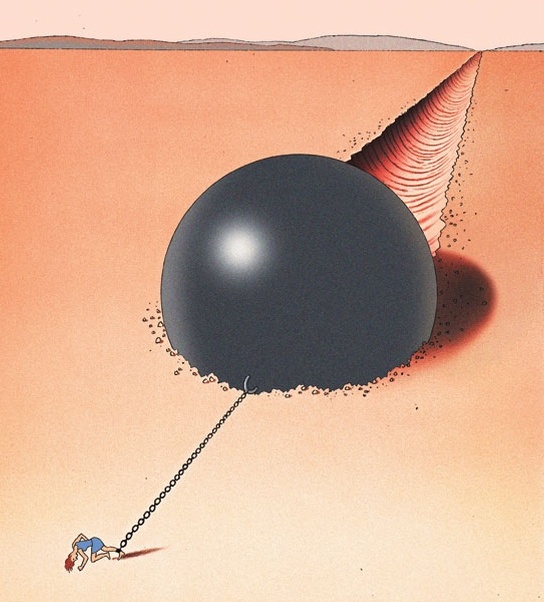
It’s Simon Sinek’s Fault! Here’s why!
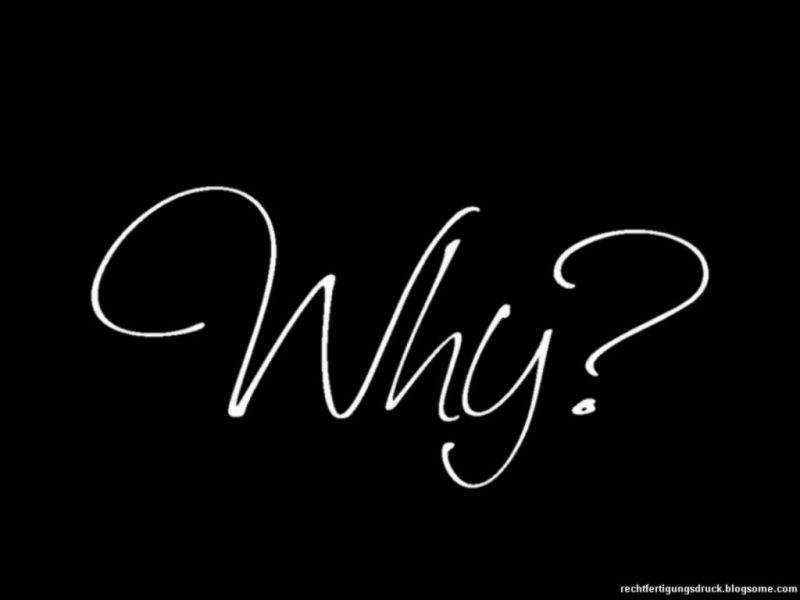
It’s Simon Sinek’s Fault – Here’s why.
Ever wondered why some of us do what we do?
Simon Sinek in his book and Ted Talk “Start With Why” asks us to imagine what it would be like if we could all learn to think, act and communicate like those who inspire? Imagine that! Thinking, acting and communicating like leaders! For someone like me – in fact anyone working in the world of communication and getting people to say what they mean and mean what they say with heartfelt clarity – this idea is super important!
Why did Simon write his book? He mentions that he hopes to inspire others to do the things that inspire them so that together we may build the companies, the economy and a world in which trust and loyalty are the norm and not the exception.
Why am I writing my book? I’ll get back to that! First this. Long before discovering Simon and his brilliant “Start With Why”, I had stumbled over my own – but – had silenced it with enough internal noise on not being good enough, qualified enough, researched enough, name-it-whatever-you-want-enough. I put my idea, and the why I thought it urgent then to write a book, on the back burner. But then my why started burning my butt. Badly. In that time I read Simon’s “why”, got the inspiration and a no-but kick-butt call to action – just like he sets out to do. Mission accomplished.
But.
Still.
Why risk making a fool of myself?
Why risk exposing myself?
Why risk making myself more unpopular than popular by making others feel uncomfortable in their comfortable realities and truths?

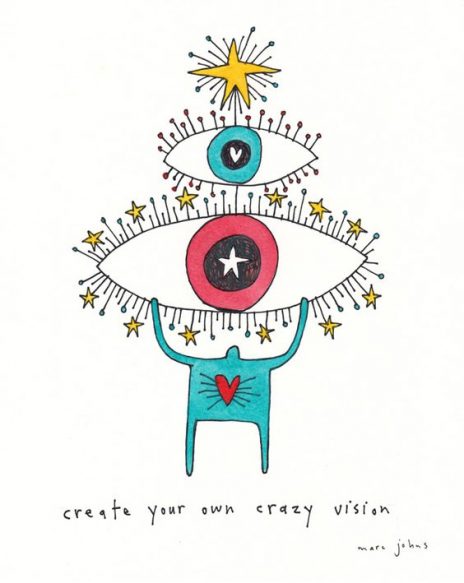
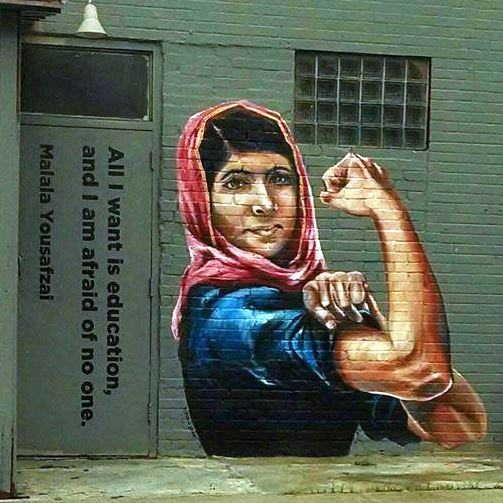



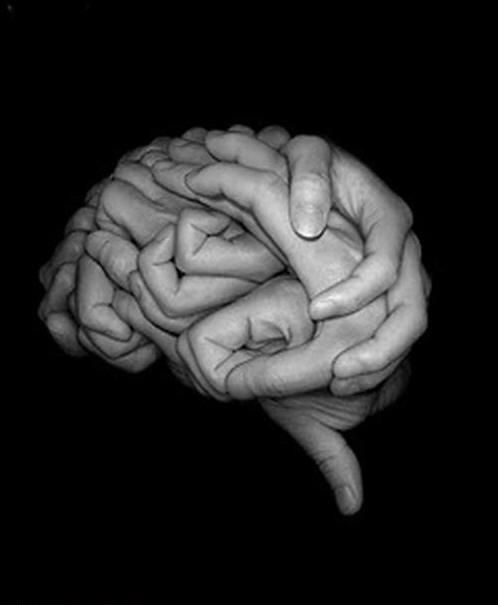
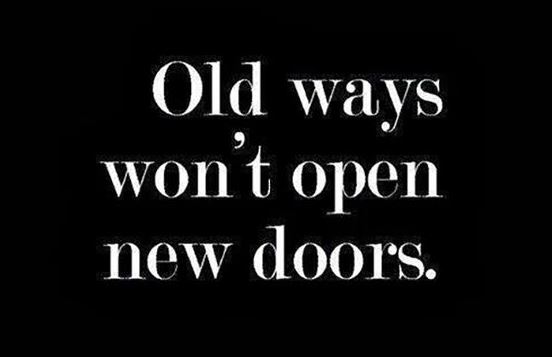


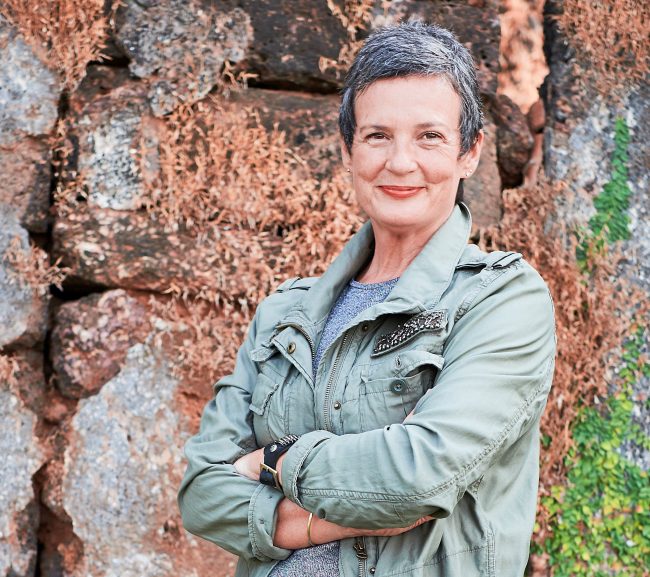
Recent Comments